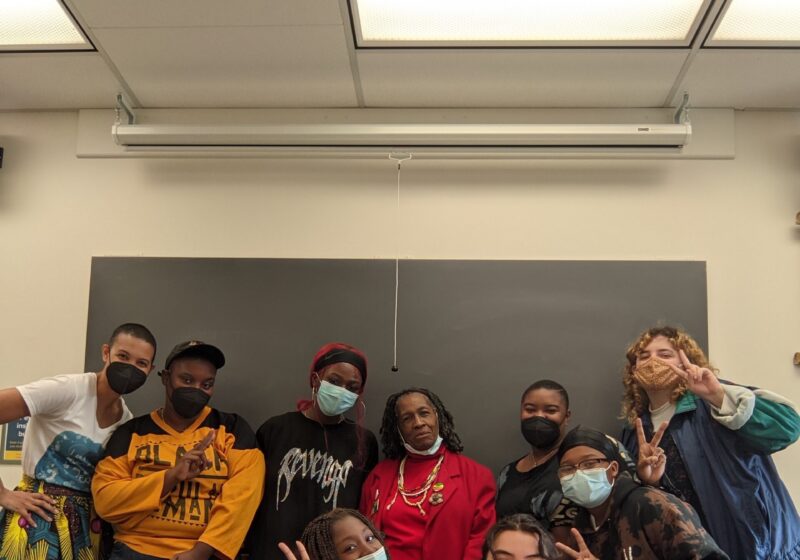Rochester has been home to many social advocacy groups throughout history; whether abolitionist or women’s rights groups, the city has continuously pushed for a societal shift toward equality and justice. This has remained true into the present day: today, there are various organizations and programs in Rochester striving to create a better world, rooting for minority groups and vulnerable community members alike. The University has several programs dedicated to supporting the efforts of the local community through research and collaboration, one of which is the Local Ethnography and Archiving Fellowship (LEAF) program, a paid research project for undergraduate students.
LEAF worked closely with the local organization Flower City Noire Collective (FCNC), carrying out ethnographic research. “[The program] was designed to blend research and teaching seamlessly for a holistic undergraduate experience,” says Professor of Anthropology and director of LEAF Kathryn Mariner.
FCNC’s mission is to “elevate womxn of color” and to center the experiences of Black queer folks in particular. The FCNC has initiated many local efforts, such as a free Black feminist mentoring program, cultivation of green space for Black urban growers, and other awareness efforts including a reading and discussion group. LEAF participants contributed to these efforts by helping to build community gardens, organizing neighborhood events around literacy, and creating an archive of the organization’s work.
Last year, LEAF Fellows helped organize and carry out a Juneteenth community garden build and provided administrative labor needed to keep FCNC running. Some roles included managing social media campaigns, creating a zine, and staffing community events like literacy programming for neighborhood youth and families.
“Students get an intensive academic and research experience that spans an entire year,” says Mariner. For LEAF participants, the program not only deepens their understanding of the history and culture of the Rochester city but strengthens the connection and relationship between UR students and the local community. As the founder and director of LEAF, Mariner envisioned the program to extend beyond itself, and it is obvious this goal was achieved.
This year, the LEAF program seeks to recruit its next cohort of fellows. The experience will be similar to that of years previous, according to Mariner. The program will continue to focus on a single organization and bring in UR students for collaborative learning to serve that specific organization’s goals. Applications for the 2023-2024 cycle are now open, due on March 1. Interested students can find information and eligibility criteria at fertilegroundroc.org/leaf, and can reach out to kathryn.mariner@rochester.edu for more information.


